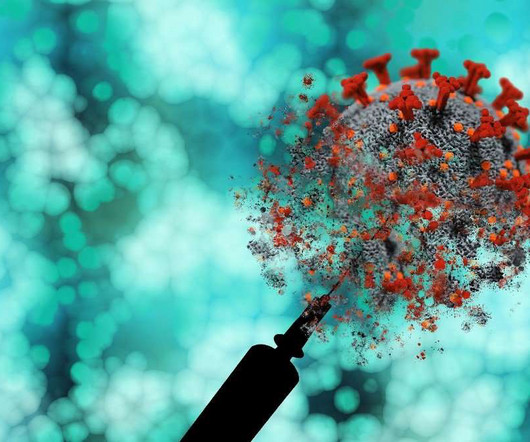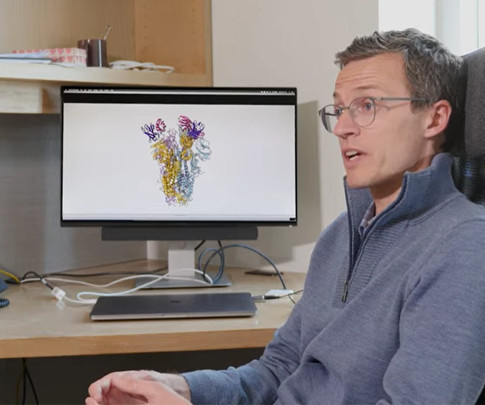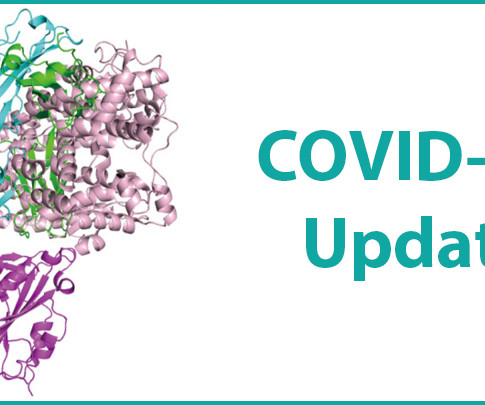‘Proactive’ vaccine can protect against unknown future coronaviruses
Drug Discovery World
MAY 15, 2024
Researchers have developed a new vaccine technology that can provide protection against a broad range of coronaviruses with potential for future disease outbreaks – including ones we don’t know about yet. Building protective vaccines before a pandemic emerges “We don’t have to wait for new coronaviruses to emerge.
















Let's personalize your content